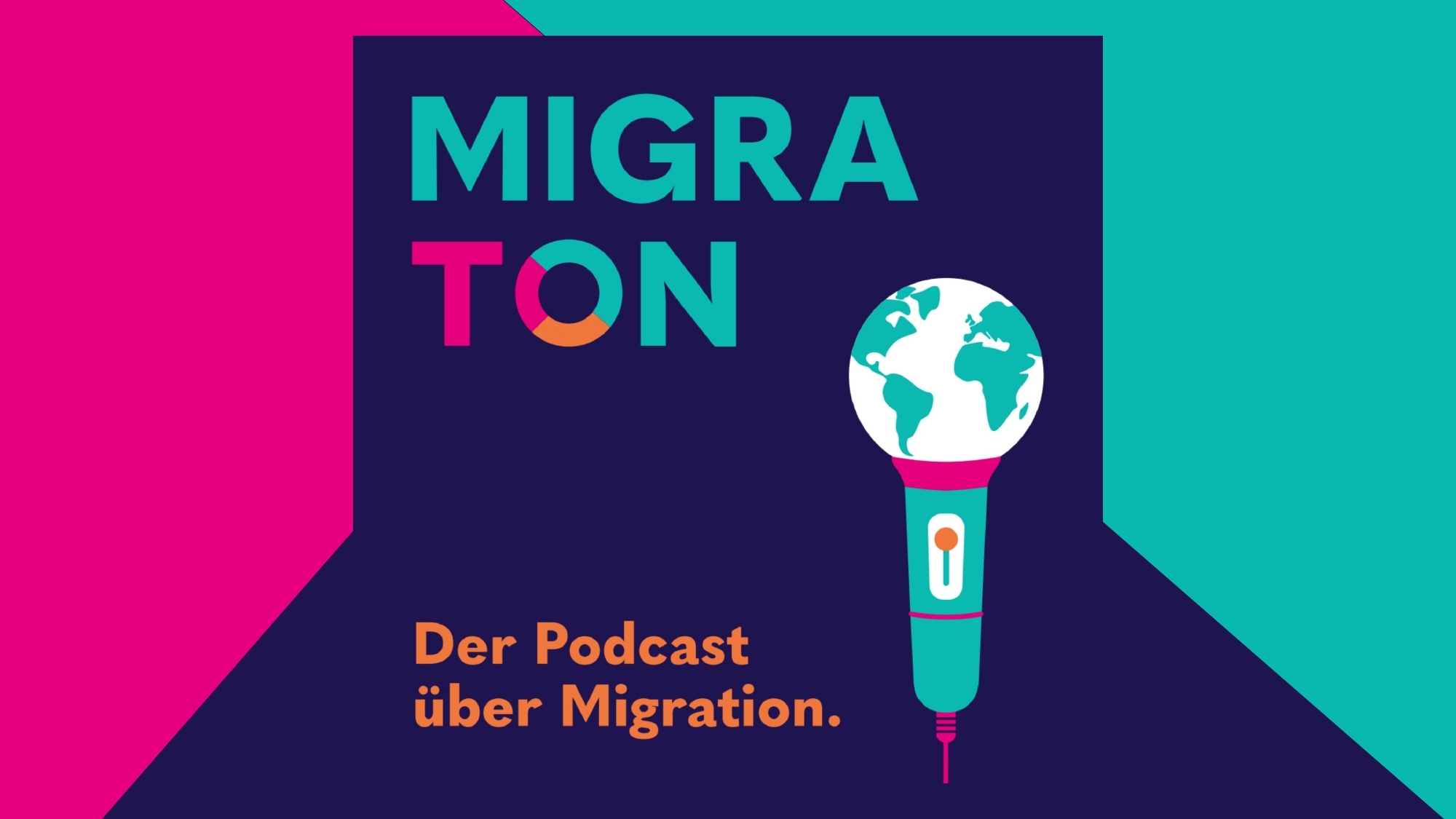07 FEB | Feminism(s) | Part VII: Feminism in India
Feminism(s) | Part VII: Feminism in India
ONLINE TEA TIME WITH SAUMYA DADOO and SHAILZA SHARMA
7th February, 5-6 pm
Feminist movements have been a political force since the late 19th century and have shaped the world as we know it today. Our contemporary feminist discourse in Germany is dominated by prominent Western figures, from second-wave feminists Gloria Steinem and bell hooks to fourth-wave activists fighting against gender norms and for intersectionality. But what are the current feminist challenges outside of the West?
In India, women are still at higher risk of being harassed or being victims of (sexual) violence as it can be observed in the recent case of the Bois Locker Room and the engagement with the #metoo movement. In their book Why Loiter? Women and Risk on Mumbai Streets, Shilpa Phadke, Shilpa Ranade and Sameera Khan address the risks that women face in urban public places like Mumbai including harassment, cat-calling and violence. They challenge the dichotomy of private and public as well as the social norms that limit women’s rights and freedom.
Being a subcontinent, Indian feminism(s) are diverse and intersectional including among others notions of class, caste, gender and ethnicity. That is why we want to discuss ideas of feminism, feminist activism and challenges to women’s equality in modern-day India aiming at building and understanding of the Indian cultural context and strengthen knowledge about the state of gender equality in this diverse and heterogenous subcontinent.
We want to ask questions like: to what extent has feminism been and still is a political force in the country? How does diversity and intersectionality have an influence on India’s feminist movement(s)? What issues and aims are broadly discussed within India’s feminism(s)?
We are delighted to discuss these questions with Saumya Dadoo and Shailza Sharma.
Saumya Dadoo is a legal researcher and a doctoral student at MESAAS, Columbia University.
Shailza Sharma is a lawyer and activist based in India. She is a doctoral student at University of Exeter, UK.
Both Saumya and Shailza are the co-founders of the online platform Detention Solidarity, which is an online space to critically engage with the structures and experiences of detention that constitute the carceral state in India.
This event is organized by Polis180’s program Gender and International Politics. It is part of our event series Feminism(s) that takes a look at feminist movements, ideas and actors around the world. If you have any questions, please write to Lena Wittenfeld or Leonie Hopgood.
Buchungen sind für diese Veranstaltung geschlossen.

